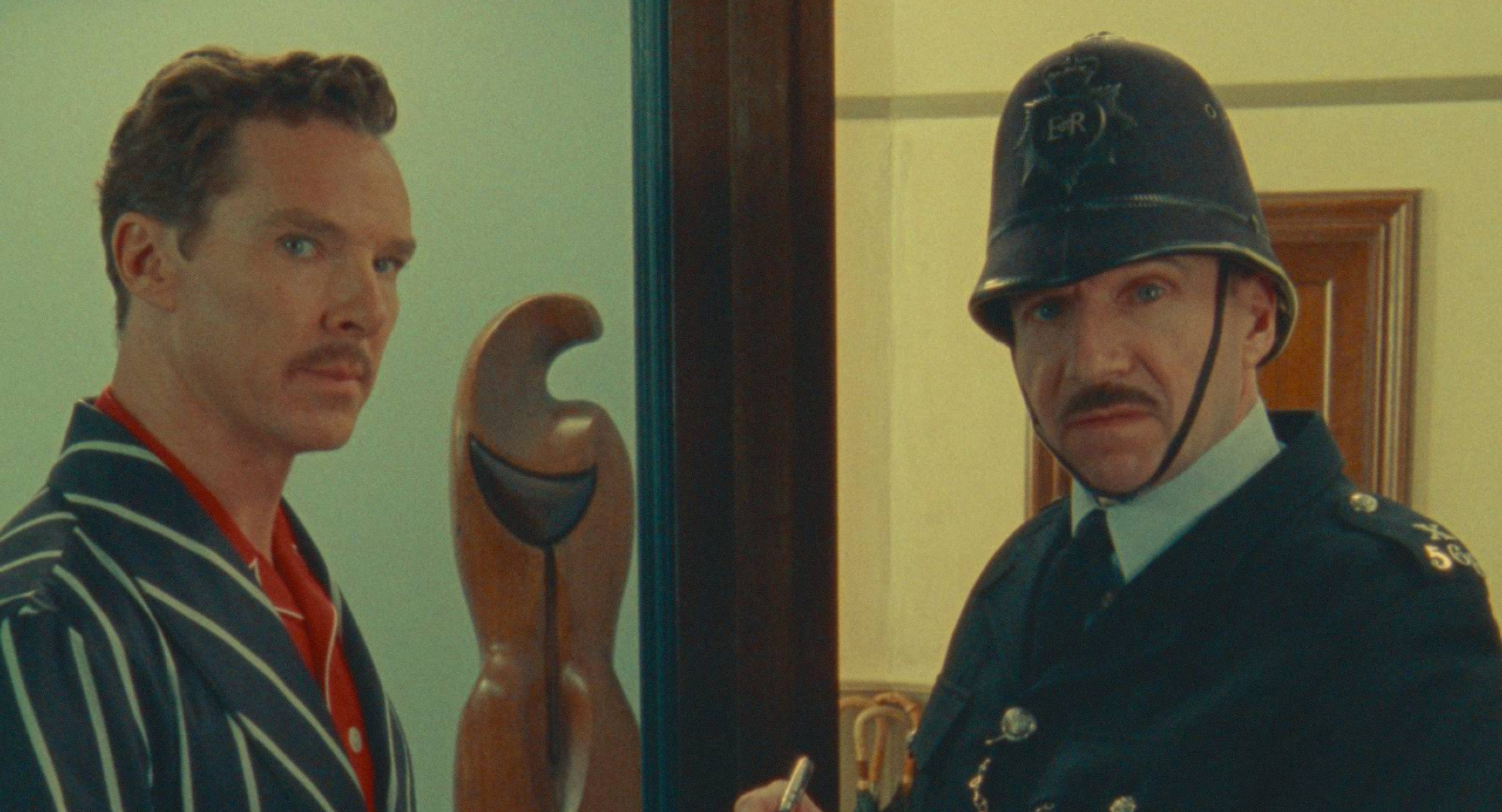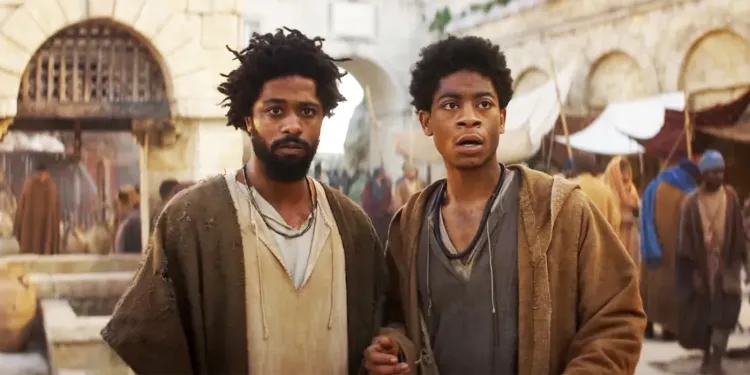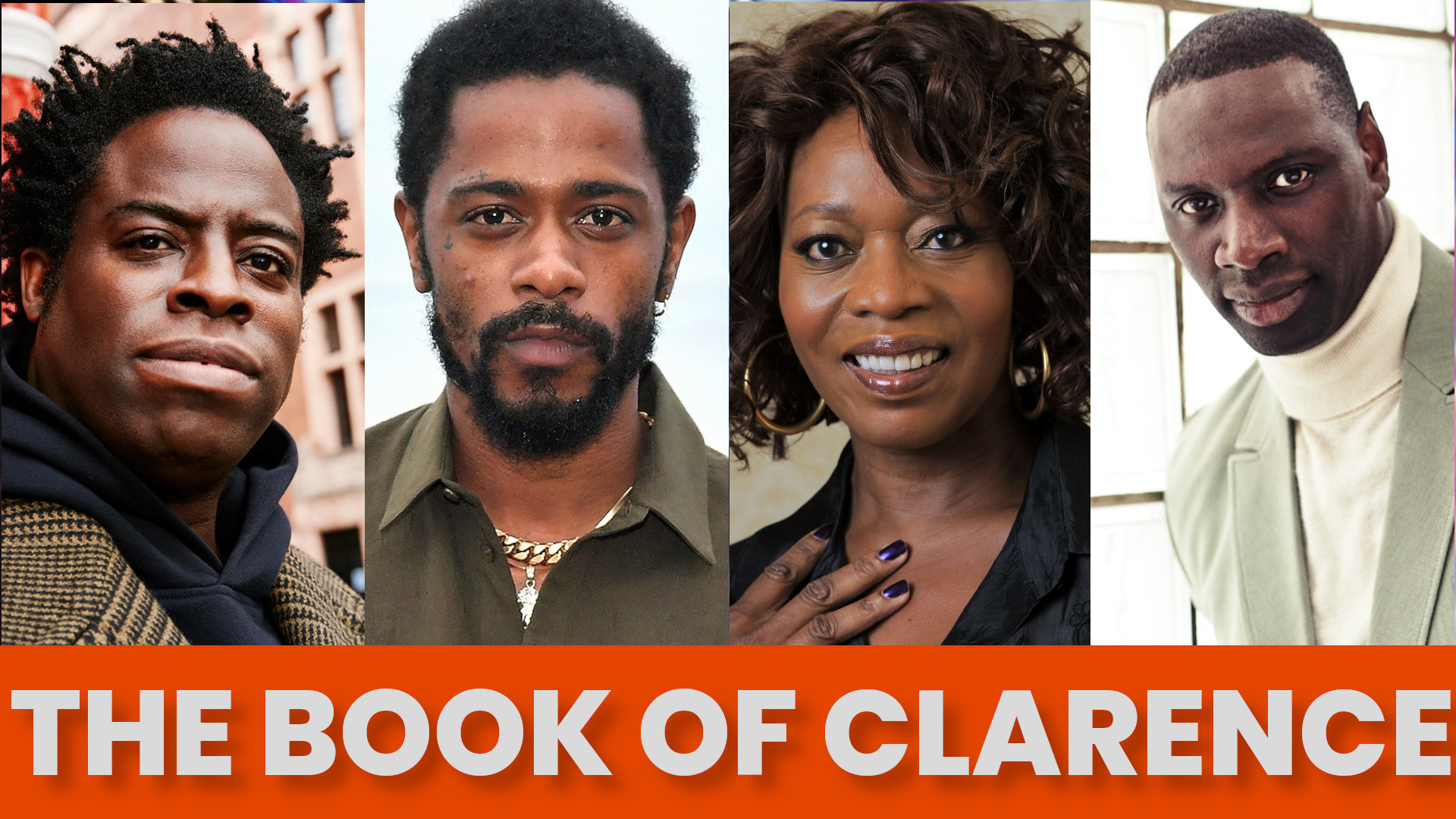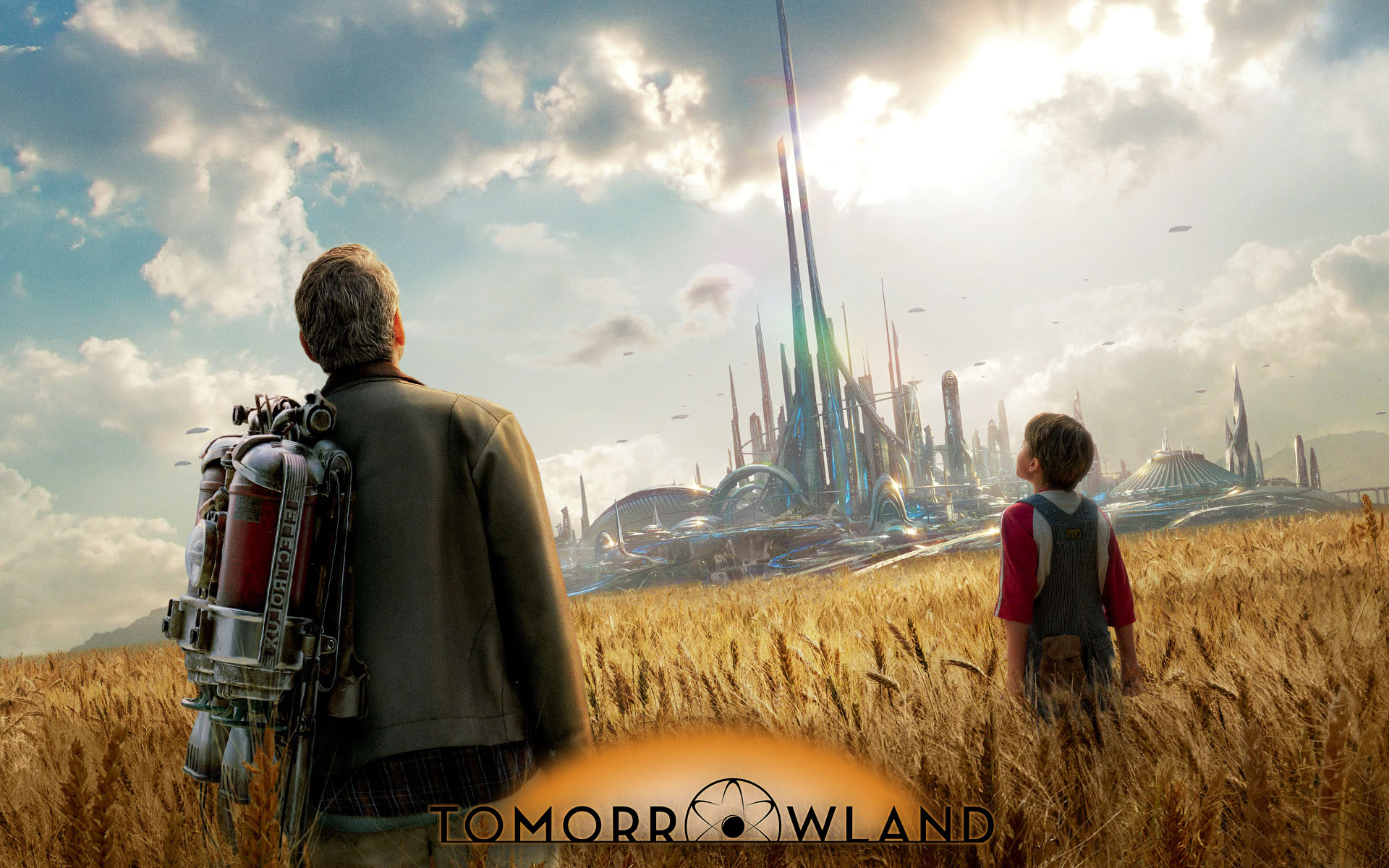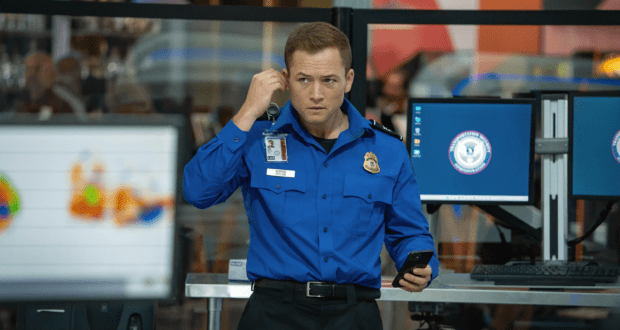
Genre: Biography | Drama | Thriller
Directed by: Bill Condon
Starring: Benedict Cumberbatch, Daniel Brühl, Carice van Houten
Written by: Daniel Domscheit-Berg (book), David Leigh (book)
Synopsis: A dramatic thriller based on real events that reveals the quest to expose the deceptions and corruptions of power that turned an Internet upstart into the 21st century’s most fiercely debated organization.
Wikileaks.org was a site of much discussion due to the reveal of a multitude of classified information. While the site was a catalyst for justice in regards to multiple scandals, there was a lot of controversy surrounding the site after it leaked a large number of classified documents that could have jeopardized many lives due to the information within. The Fifth Estate attempts to inform the audience in detail about the events that took place from the site’s inception, to its climatic turning point, and its present state. While an adequate amount of detail was provided, the focus of that detail hindered the progression of the plot and character development.

The suspense quickly builds, then amounts to nothing
I tend to enjoy films that have a conspiracy related suspense but this film seems to be the metaphorical “blue balls” of suspense. The result of the attempted suspense could have been significantly greater, but instead it would begin to build then quickly taper off amounting to nothing. There were consecutive moments where I would think the characters were in some sort of danger but the apparent threats seemed to be more like apparitions and the characters never seemed to have any sort of consequence for their actions. I think that they attempted to stretch the details of the milestones of the Wikileaks site which in turn simplified the details of other elements of the film. The plot progressed more like a documentary than a dramatic film, which was great for the uninformed movie-goer who knew nothing of the true story, but bad for those who came to the theater looking for a structured film.

Potentially dynamic characters with a lack of character development
While the plot can be salvaged from bits and pieces throughout the film, the character development is a lost cause. The film abruptly starts far past the introduction of the main characters which led me to believe that the origin of their relationship would later be explained but my assumption was wrong. It was a shame to see a character as dynamic as Julian Assange (Benedict Cumberbatch) simplified with so little detail. There are hints throughout the film about his troubled childhood, his paranoia, and overall reclusive nature, but throughout the entire two hours there was little to no information regarding the dynamics of Julian or the details of any other character. Without knowing the details of the characters’ relationships together, it was difficult to remain engaged in their interactions, motives and overall purpose. Without proper character development, the film became more of an informative piece with no real passion.
This film had so much potential but failed to deliver. The true story was interesting enough to build an adequate plot and the characters were interesting enough to develop in detail. The problem with this film was where the detail was focused. So many insignificant moments were long winded which caused a lapse in focus in regards to the overall theme. The film was built on the morality of full disclosure of information. This moral question was a powerful one meant to drive the film but with the lack of plot and character development, it was difficult to become emotionally involved in the film.
The Fifth Estate – 5 out of 10
Some interesting moments with underdeveloped characters and plot…

